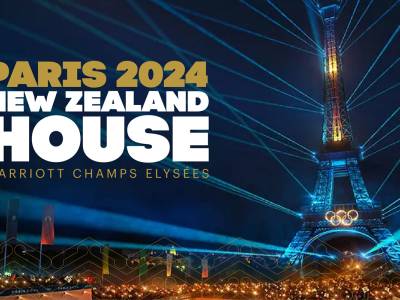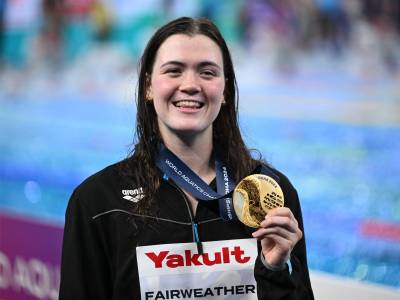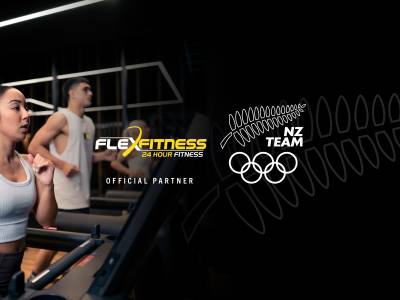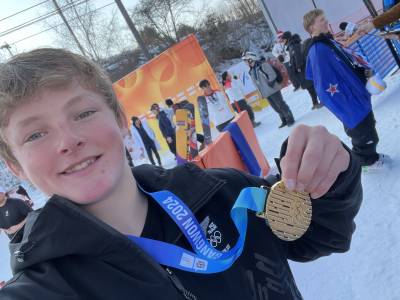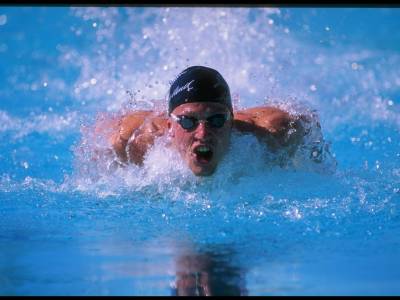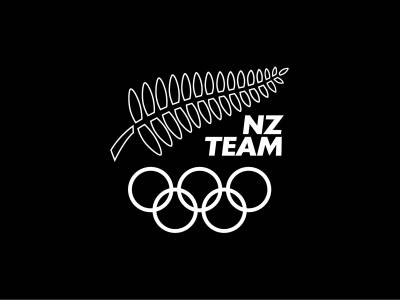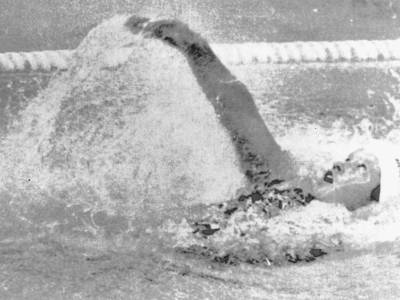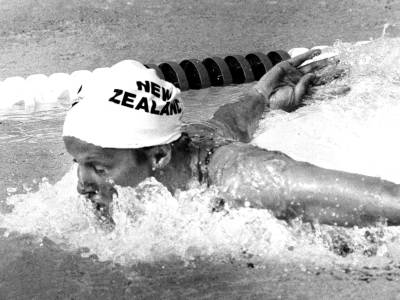Anthony Mosse was one of the finest swimmers in New Zealand.
The butterfly specialist bowed out of swimming after the 1990 Auckland Commonwealth Games and left behind a record that included two Commonwealth Games gold medals, an Olympic bronze and a world championship silver.
Even Loader, for all his brilliance, never swam the 200m butterfly - one of his specialty distances - as fast as Mosse did in winning the Commonwealth Games title in 1986 in Edinburgh, or retaining it four years later in Auckland. Mosse's 1min 57.27s effort at Edinburgh would have made him a medal contender at most major meets for the next two decades.
Mosse helped usher in a new attitude to swimming in New Zealand. He was always superbly prepared, meticulously organised and utterly professional. He left nothing to chance.
He had an unlikely beginning as a New Zealand swimming hero, being born in Hong Kong in 1964, where his father, Peter, was based as a pilot for Cathay Pacific. By the time he was four, Mosse was a keen swimmer and during his time in Hong Kong won several national titles.
Mosse returned to Auckland aged 14, boarding at King's College. He soon discovered that as a boarder he could not devote enough time to swim training, so became a day-boy, which didn't endear him to the school authorities.
In 1982, aged 17, he attended his first major event, the Brisbane Commonwealth Games, where he made the 200m butterfly final.
He won a bronze medal at the world university games in Canada the next year, and at the 1984 Los Angeles Olympic Games took advantage of the Eastern bloc boycott to make the 100m and 200m butterfly finals.
Mosse was also an outstanding scholar and quickly made his mark at Stanford University, California, where he'd earned a scholarship in 1984, eventually becoming the school's swim team captain. In 1989 he graduated with a BA (honours) double major in political science and economics. By then he was conversant in Japanese and had his private pilot's licence.
Though the butterfly scene in the 1980s was dominated by the freakishly talented German swimmer Michael Gross, Mosse considered he had a chance of picking up a gold medal at the 1988 Seoul Olympics, a view reinforced by his victory in the 100m butterfly and second placing in the 200m event at the 1987 world university games in Yugoslavia.
However, 1988 was a terrible year. His father died months before the Olympics, and then he had a falling out with his coach.
Mosse earned great credit for the way he kept his focus and his composure. He linked with the New Zealand squad and was assisted particularly by Hilton Brown, Paul Kingsman's coach.
In the final, Mosse was outgunned by Gross, but did well to win a bronze medal, swimming 1min 58.24s. “It wasn't my fastest time, and it wasn't a gold medal. But I went over there, dealt with everything that had happened and came away with a medal, so I was proud of that.”
His farewell to top swimming, in his home town at the 1990 Auckland Commonwealth Games, was a triumph. He was fourth in the 100m butterfly, but picked up a bronze medal as part of the New Zealand 4 x 200m freestyle relay team, and warmed local hearts with his emphatic defence of his crown in the 200m butterfly.
Mosse has remained close to swimming as a top-class commentator for TVNZ.
For some time Mosse worked in an executive capacity for Air New Zealand but he then returned to California with his American wife Gail so he could do further study. He eventually completed an MBA at Stanford, became a merchant banker based in San Francisco and built a career.
Tweet Share
Anthony's Games History
-
Commonwealth Games Auckland 1990
- 1
- 3
-
Olympic Summer Games Seoul 1988
- 3
-
Commonwealth Games Edinburgh 1986
- 2
- 1
-
Olympic Summer Games Los Angeles 1984
-
Commonwealth Games Brisbane 1982

